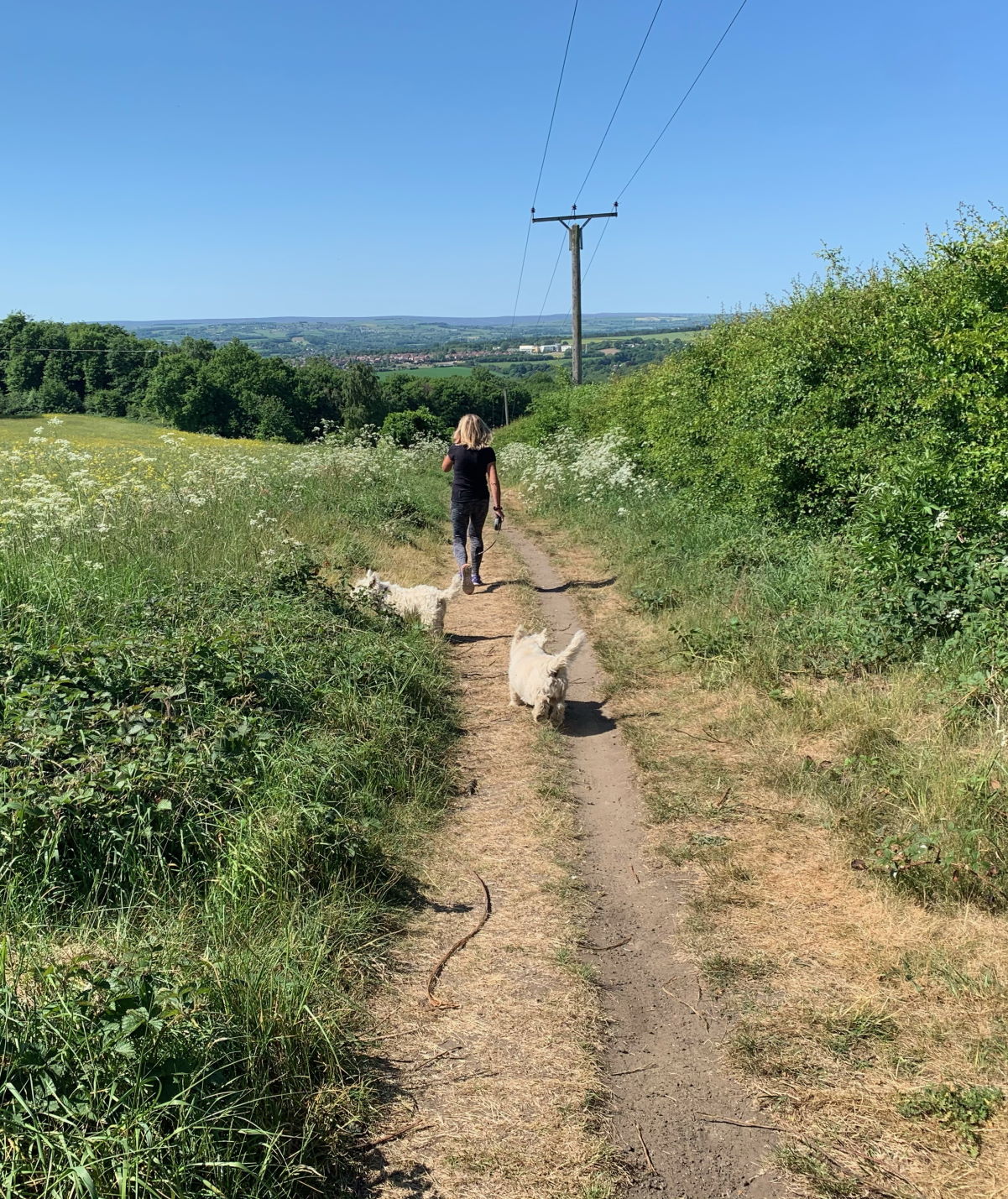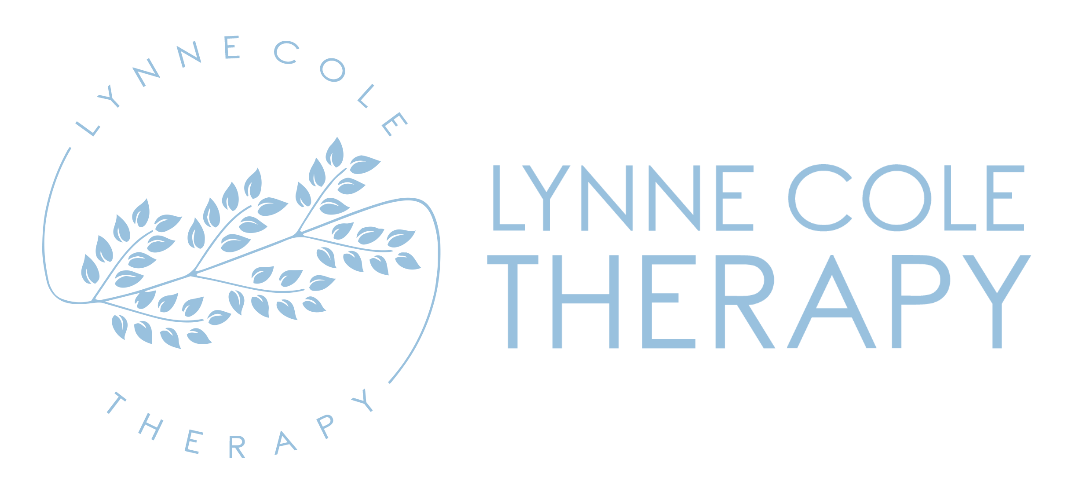Counselling For Teens & Children
My name is Lynne Cole, a fully licensed therapist and counsellor in Wakefield with many years of experience in using counselling and therapy to help young people.
We all want our children to be healthy, both physically and emotionally. It’s difficult when they are in pain or distress, and you are seemingly unable to fix it. Depression and anxiety in teens and young people is incredibly prevalent, so what can we do?
As a parent, you want them to feel confident and you want to support them, but you aren’t sure how. Many children’s behavioural problems begin with a little fear, phobia or maybe anxiousness, which if left can escalate into a more serious problem.
They may share things with you that upset you or and leave you wondering what’s actually going on – you’re aware something is wrong and you’re determined to get them help. By providing therapy in Wakefield, I can help your child open up and learn to cope with and overcome their struggles.
Below are some of the qualifications that enable me safely and effectively use counselling and therapy to help children and teenagers;
- Licensed Practitioner of NLP
- ACT Acceptance and Commitment Therapy
- Advanced Diploma of Professional Stress Management, Distinction level from the College of Integrated Therapies
- YHT Diploma of Clinical Hypnosis and Hypnotherapy
- Diploma Cognitive Behavioural Therapy CBT. APT.ac
- Diploma of Higher Education in Counselling.
- CPCAB Level 4 Diploma in Therapeutic Counselling
- Diploma in Smoking Cessation Therapy from the College of Integrated Therapies
- Eye Movement Integration Practitioner
EMDR (Eye Movement Desensitisation and Reprocessing) Certification
What's The Youngest Age You Can Go To Therapy?
There is no specific limit; as soon as a child is old enough to interact and communicate, they can benefit from the attention of a professional who can check for possible behavioural problems and causes of distress. It is best to get help as soon as you notice a problem. Certain therapists and psychologists specialise in working with very young children, as toddlers and preschool-age children may struggle to communicate clearly and need an expert. Your doctor will be able to refer you to an appropriate provider.
No Obligation Counselling Consultation
It’s very important that you feel comfortable and relaxed with your therapist and that is why I offer all new clients a free no-obligation telephone consultation.
I find that most of my clients are very keen to get started right away. If, however, you are not sure whether you wish to proceed at this point, then you are of course under no obligation to continue.
Should parents be involved in their child’s therapy?
The younger the child is, the more the parents will be involved. Very young children may need their parents or guardians in the room with them throughout the whole session, so the child will feel safe. The therapist may also wish to talk to the parents without the child present, to gather more information and teach them techniques for working with the child at home. Older children can have the sessions on their own, but the therapist will still check in regularly with the parents to discuss progress and their home situation.
For more guidance, read my expert guide – How to Deal With A Depressed Teen
How do I know if my child needs a therapist?
An older child or teen might tell you outright that they’re unhappy and need help, but it’s up to you to spot the signs in younger children. Here are some symptoms you should consider getting checked out:
-Behaviour suddenly changes without a clear reason.
-Problems with eating or sleeping.
-Disruptive behaviour which continues for long periods without improving.
-Withdrawn or anxious behaviour, or otherwise struggling to socialise.
-Noticeably low moods (sadness, anger, etc).
-You know the child has had a traumatic experience, such as being bullied, witnessing violence or an accident, having their family split up, etc.
Find out more with my expert guide – How Do I Know If My Child Needs Therapy?

About Lynne
In my practice I support people who feel a wide range of emotions: fear, sadness, doubt, overwhelmed, trapped by self-criticism, negative perceptions and or disruptive patterns.
I have a particular interest in helping people reduce anxiety as well as people who are navigating what it means to be themselves in several areas of their life.
Whatever you’re struggling with, I’m here to help you.
Can children benefit from therapy?
Of course. Even very young children can show sharp improvements in mood and behaviour when working with a suitable professional. Therapy can teach them how to cope with stressful situations and feelings, make new friends and get along better with family, and more easily identify problems and find solutions, all vital skills which will help them as they grow older.
What questions will a therapist ask my child?
The first session is likely to mostly involve the therapist getting to know the child in general – discussing their home and school, their favourite things, etc. As the child feels more at ease, the therapist will move on to asking about their wishes and fears, and other questions which can help diagnose any issues. The therapist will phrase questions in a way the child can understand and respond to meaningfully, and they will avoid leading questions (for example, saying “How does that make you feel?” instead of “Does that make you sad?”) or upsetting the child.
What age does behavioural therapy start?
Children can start behavioural therapy as soon as they can hold a conversation, and sometimes even earlier. Parent-Child Interaction Therapy for Toddlers is a method specifically designed to teach parents to help children under the age of two with behavioural problems, trauma, or anxiety, and similar methods can suit children of different ages. If your child is diagnosed with a condition such as attention deficit disorder or autism, it’s wise to take them to a psychiatrist, psychologist, or counsellor as soon as they are diagnosed, to spot possible future problems early and work on solving them.
Can I force my child to go to therapy?
Legally, you can make medical decisions for your child up to the age of sixteen or until the child is deemed to fit the criteria for Gillick competence (the ability to understand and consent to medical help). However, if the child doesn’t want to go to therapy, they’re very unlikely to benefit from it. In fact, it will most likely make matters worse by stressing them and making them less likely to want to seek psychiatric help in future, not to mention putting a strain on their relationship with you. Therapy works best for people who are willing to work with the help they are receiving.
Is therapy free in the UK for children?
Free talk therapies are available via the NHS for everyone. Your GP or your child’s school will be able to refer you to a specific service for children, or you can search online for your local Integrated Care Board or a branch of Children and Young People’s Mental Health Services in your area. Various charitable organisations can also help. Here are some to get you started:
actionforchildren.org.uk
childline.org.uk
hubofhope.co.uk
samaritans.org
youngminds.org.uk
youthaccess.org.uk
Get In Touch
Reach out to me with a brief explanation of why you are looking for therapy or counselling, and I’ll respond as soon as I can.
